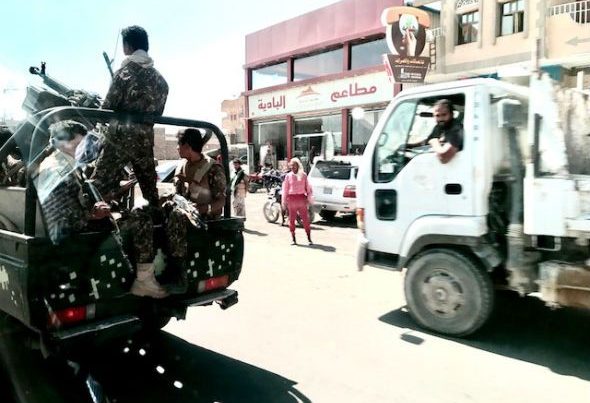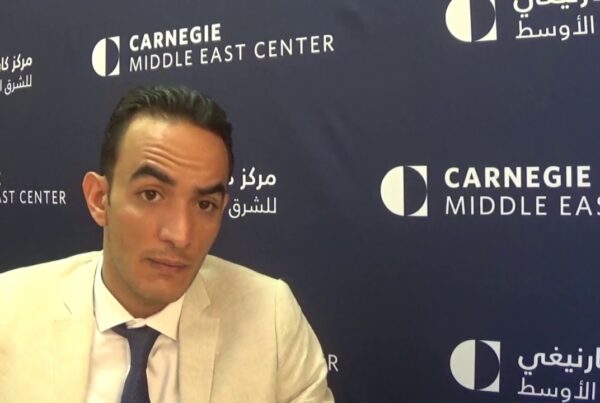Yemen’s old history books speak of the fifth century King al-Tuba al-Yamani who, in the final seconds of his life, gives his heir some tips on ruling the country. The king whispers to his son that the one who rules the kingdom should “bear the bites of snakes and scorpions, devour its money, waste its blood, and kill the closest people to him, even it be his brother”. One might now wonder whether former President Ali Abdullah Saleh said anything of the kind to Abdu Rabbou Mansour Hadi, who took up the reigns of power at the end of February and has since gone about a purge of former Saleh loyalists
For 15 years before becoming president, Hadi had perhaps the most boring job in Yemen: as Saleh’s vice president his job was to attend ceremonies, cut ribbons and sit silently wearing his sunglasses. In just 60 days as president, he has sacked no less than 20 military commanders and 4 civilian governors.
This has relatives and loyalists of President Saleh, who still man many of the posts in Yemen’s government and military, feeling unnerved. Muhammed Saleh al-Ahmar, half-brother of the former president and the air force commander, refused to step down and shut down the airport upon hearing of Hadi’s decision to remove him. Eventually air force bases began to take orders from their new chief — the widely respected General Rashed al-Ganad — but Ahmar refused to hand over the air force’s headquarters, stacked with Republican Guard units lead by one of Saleh’s son. He only left office on May 4, the same day tens of thousands of Yemeni’s took to the streets to demand the purge of Saleh loyalists.
The United Nations envoy to Yemen Jamal Benomar is now leading a new phase of negotiations between confronting sides. But getting Saleh’s relatives and allies to give up their financial and political power is an uphill battle. In Benomar’s own words before departing the country “the worst is yet to come.” Already there are murmurings in Sanaa that UN Sanctions could be imposed after a Security Council meeting on May 17. That’s not all.
Taking apart Saleh’s old power apparatus is just one issue facing Hadi as he tries to balance an extremely fragile peace in Sanaa and quell mounting violence outside the capital. Yemen was already in an economic crisis before the uprising. Today it faces a humanitarian crisis, armed conflicts in many governates, governates outside the government control, fighting with Al Qaida in the Arabian Peninsula in the south, just to name a few burning issues. Yet, for all the press Yemen gets because of its role at the crossroads of so many conflicts in the region, little is done to actually help those who rose up against autocracy. So far the UN has received only $63 million dollars out of the $447 million dollars it needs for its humanitarian operations in Yemen. Moreover, the northern province of Saadaa is now under the harsh control of ethnic Houthi elements, and could inflame another sectarian conflict like the other six that occurred between 2004 and 2009.
Perhaps the largest challenge facing Hadi (and the rest of those with an interest in Yemen, from the United States to Iran,) goes is beyond military and security issues. Yemen’s youth movements remain camped out in the country’s squares, unemployed yet determined to see out their revolution to wherever it may take them. But with idle hands in the devil’s workshop, the more they sit around, the less likely they are to join the workforce.
Indeed, with the almost surreal swirl of calamitous circumstances enveloping Yemen, Hadi may need a miracle to come out of the coming months with the country anywhere near a semblance of stability — but it is not impossible. Thus, if he manages to continue his purging of Saleh’s old guard on the back of international, regional and local support, Yemen’s downward spiral may be begin to plateau, and perhaps he may have more favorable advice to offer whoever is next at the helm.






